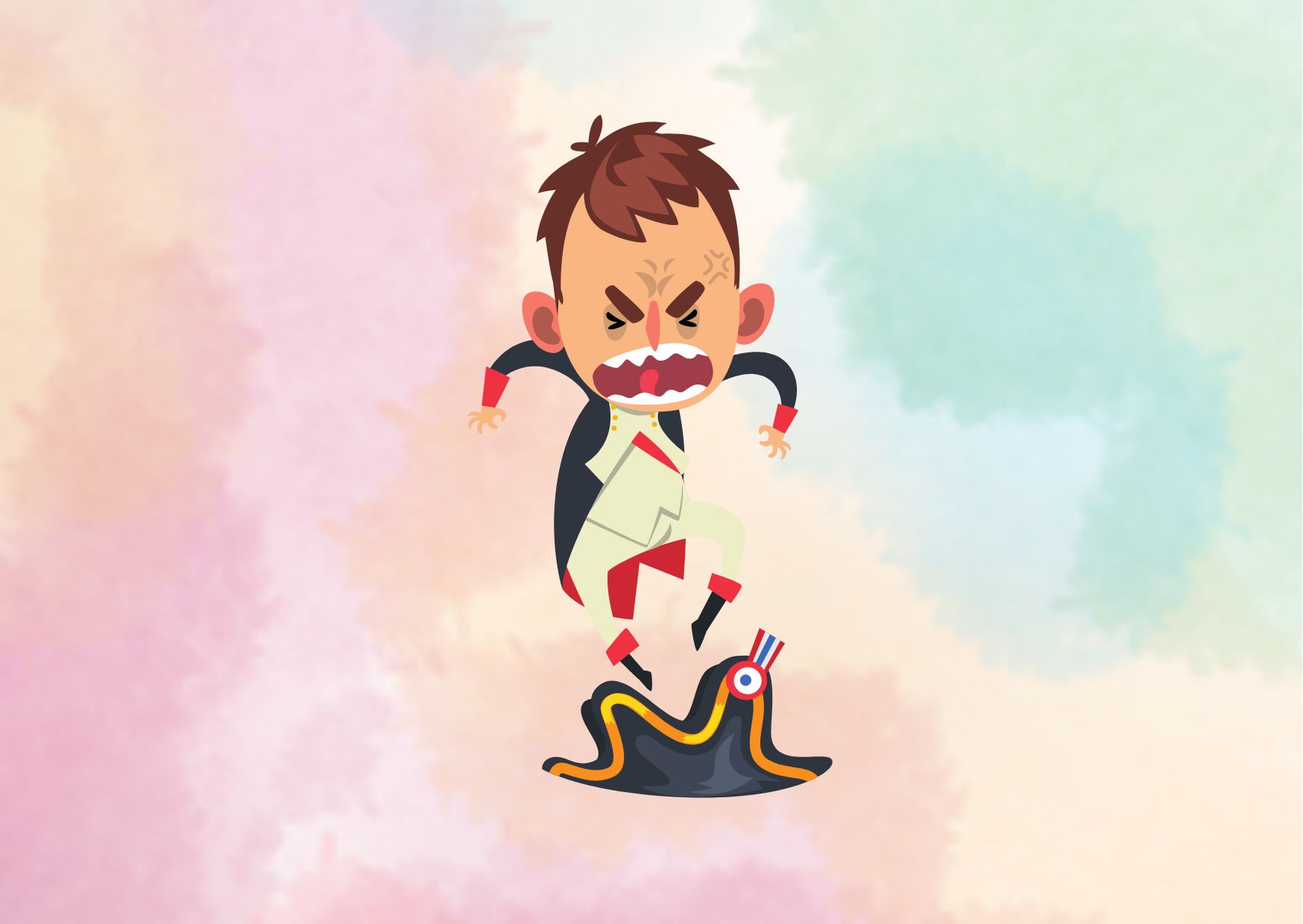Short Guy Syndrome: Understanding and Overcoming the Challenges
Introduction
In today’s society, height is often associated with power, confidence, and success. Unfortunately, not everyone is blessed with towering height, and this can sometimes lead to a psychological phenomenon known as Short Guy Syndrome. Also referred to as short man syndrome or Napoleon complex, this condition is characterized by feelings of inadequacy and the tendency to overcompensate through aggressive behavior. In this article, we will delve into the concept of Short Guy Syndrome, exploring its causes, signs, and implications. We will also discuss effective strategies to overcome this syndrome and foster a healthier mindset.
Understanding Short Guy Syndrome
Short Guy Syndrome, or small man syndrome, is a term used to describe the psychological condition in which a man feels inadequate due to his height and compensates for it through aggressive behavior. The term “Napoleon complex” is often associated with this syndrome, referring to the French leader Napoleon Bonaparte, who was mocked for his short stature. It is believed that Napoleon’s desire for power and aggression stemmed from his efforts to hide his height limitations and prove himself to others.
Causes of Short Guy Syndrome
The causes of Short Guy Syndrome are multifaceted and can be attributed to various factors, including evolutionary psychology and social influences. In terms of evolutionary psychology, the syndrome may stem from primal behaviors ingrained in the male psyche. Historically, taller men were perceived as better protectors, which may have led to a bias towards height in terms of perceived strength and dominance. Additionally, societal norms and preferences for taller partners in romantic relationships may contribute to feelings of inadequacy in shorter men.
Signs and Symptoms
Individuals with Short Guy Syndrome often exhibit certain signs and symptoms that reflect their underlying feelings of insecurity and the need to compensate for their height. These signs may include:
- Aggressive behavior: Shorter men may display more aggressive and dominant behaviors as a way to assert themselves and gain respect.
- Grandiose plans and ambitions: Individuals with Short Guy Syndrome may have exaggerated aspirations and constantly strive to achieve a dominating position to prove their worth.
- Constant comparison: Shorter men may frequently compare themselves to others, particularly taller individuals, in an attempt to validate their self-worth.
- Envy of taller individuals: Feelings of envy towards taller individuals and their perceived advantages in society may be prevalent among those with Short Guy Syndrome.
- Difficulty accepting compliments: Individuals with Short Guy Syndrome may struggle to accept compliments or positive feedback, as they may feel unworthy or inferior.
- Avoidance of social situations: Fear of embarrassment or judgment due to their height may lead to social anxiety and avoidance of certain situations.
